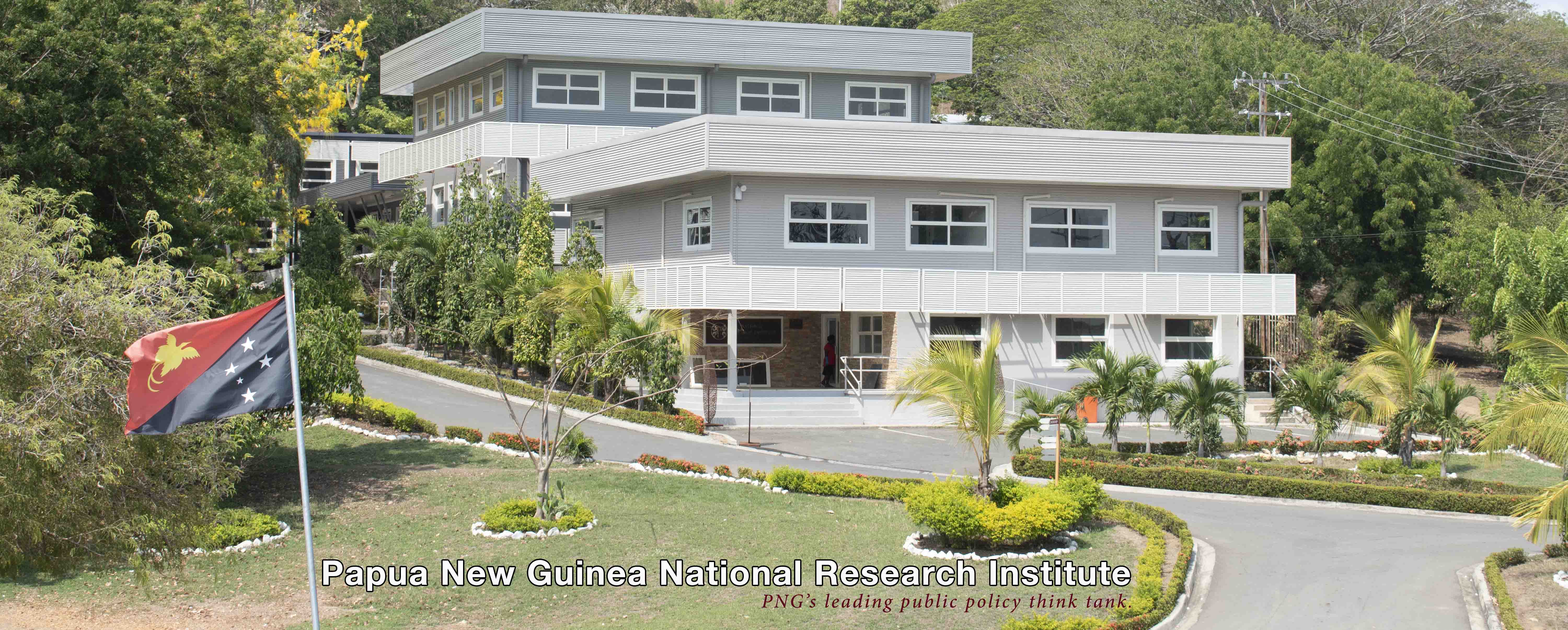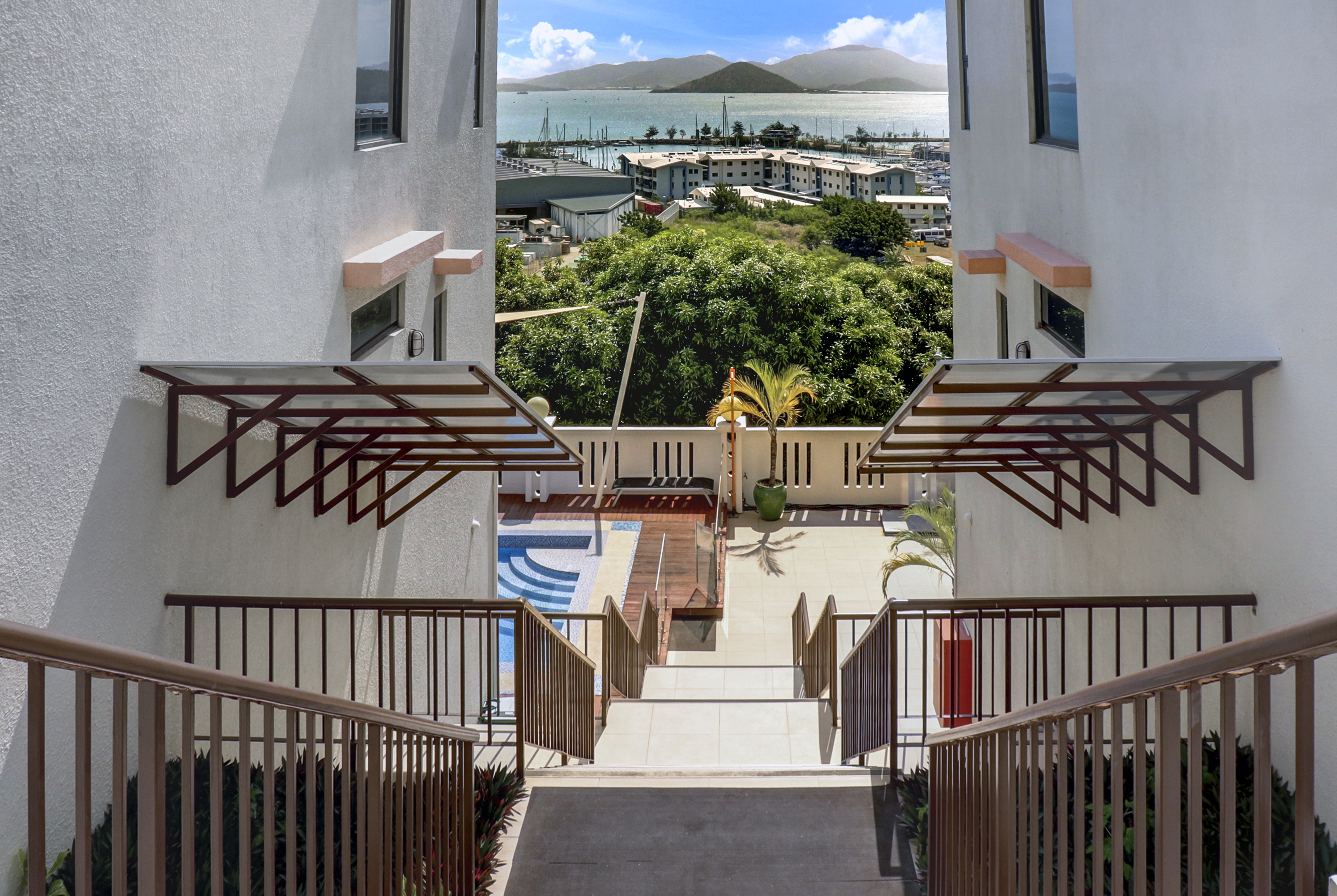Image from: pngnri.org
The National Research Institute (NRI) has recommended that more houses should be built with trunk infrastructure before the start of a major development project.
The government and donor-funded think tank also said there should be more effort by the State to unlock customary land for development, if house prices in the National Capital District and other major centers are to be stabilized.
The recommendations are part of a research paper titled “Potential impacts of development projects on house sales and rent prices must be considered before implementation in Papua New Guinea”, which the institute commissioned recently. The paper was written by Associate Professor Eugene Ezebilo, who heads the institute’s property sector development and research program.
Looking at the PNG Liquefied Natural Gas Project (PNG LNG) and its impact on house sales and rent prices in Port Moresby, the NRI study concluded that house sales and rent prices dropped at the end of the PNG LNG Project’s construction phase, but the cost of the properties were still beyond the reach of most city residents. However, these issues, according to the NRI study, could be addressed if more houses are built before the start of a major development project.
“To stabilize house prices, it is necessary to construct more houses, preferably five years before the commencement of the development project. The construction of houses should be accompanied with the establishment of trunk infrastructure and services,” stated the NRI study.
The exhausting of State-owned land for commercial development and increasing accessibility to customary land was also highlighted, with the NRI paper suggesting that a previous recommendation for Section 10 of the PNG Land Act 1996 to be invoked be revisited by those in authority.
“This involves landowners leasing their land to the state through urban development lease (UDL), which will be processed by the Department of Lands and Physical Planning (DLPP) and without advertising the UDL, the landowners are issued customary land titles. This is a ‘win-win’ situation for the landowner, investor and the state in the development of customary land.”
The Papua LNG in the Gulf of Papua is the next major project for PNG. It is led by French energy giant Total with its 40.13% stake and is reportedly set to enter the Front End Engineering Design (FEED) and Final Investment Decision (FID) stages this year.




Comments